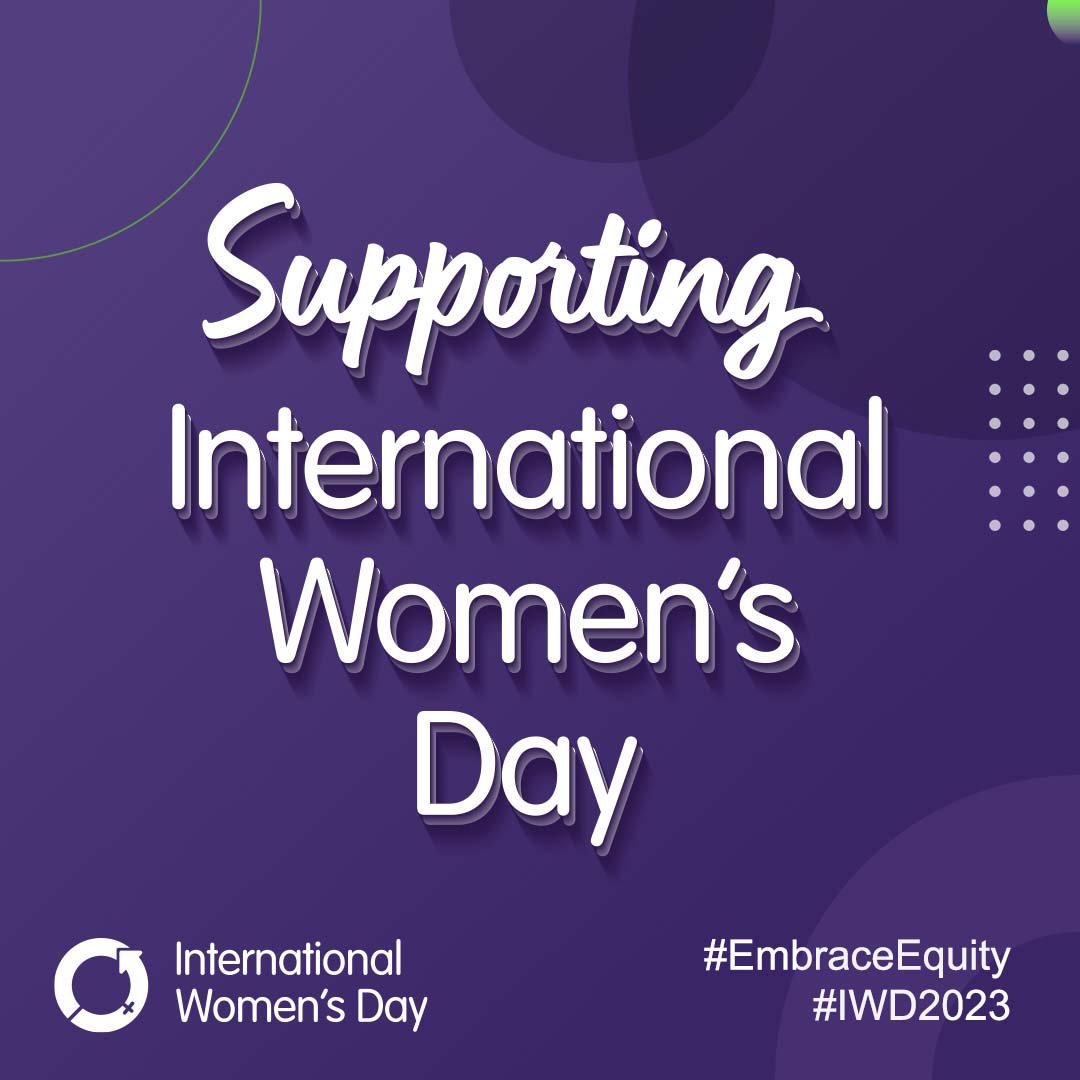“Centre women in the vision” - Alois Pukienei #IWD2023
Collated by Rachel Mather – Epidemiologist at Field Epi in Action
Introduction
At Field Epi in Action, we are thinking about one of the themes for this year’s International Women’s Day: Embrace Equity. Equity is a core value of our team, and broadly, we see that as people’s needs are different, we have a responsibility to commit to meeting these needs with impartiality and fairness. The World Health Organization (WHO) goal of Health For All has become something of a slogan for the global health community, and its premise is that every single person is worthy of health. Health for the whole array of humans – diverse cultures, genders, locations, abilities – the whole spectra of diversity! Such an outcome can only be achieved through embracing equity; through striving to realise health for every context and personal circumstance. But in recent years, the conversation has turned to be one of deeper self-reflection: if global health leadership does not reflect the wider population – let alone the wider global health workforce – how can we achieve health for all? Currently, the global health workforce is largely women – 70% of the frontline is women. Yet women occupy just 25% of global health leadership. And so, in our own domain of global health, FEiA is working with the field epidemiology community to understand how women can be centred: in training, in professions and in leadership. It will be years before we’re able to understand the full story of gender equity in field epidemiology, so for this International Women’s Day, we spoke with four team mates to hear their perspectives on Embrace Equity.
Happy International Women’s Day!
Interview with Alois
Alois Pukienei is a public health leader in the Autonomous Region of Bougainville, and senior faculty of FETPNG. He was instrumental in developing the Bougainville Plan for Health 2012-2030, which he highlights centres women in its vision “Good health and long life for all people, with women at the centre of all development.”
Reflecting on the plans development, Alois says “As part of this initiative we were giving due recognition of women in society. It’s not just embracing equity, there’s more to it in the social context. This is the central theme in our Plan for Health, so we remain focused and give priority to all health related issues affecting women.”
Alois has worked with a diverse range of people across his career. He believes that “Female officers are highly committed. They add women’s and children’s perspectives to public health practice and contribute meaningfully to the system. The only problem when looking at context are the security issues in their place of work. They feel much more comfortable linking up with male officers, so they can move around and do their work without any security issues. But this creates a working environment where there is more male dominance. Their professional and legal rights in the place of work should be clearly stressed so males do not dominate. Women should be given equity so they have an equal opportunity to contribute to implementation of public health programs.”
“Women should be given equity so they have an equal opportunity to contribute to implementation of public health programs.”
About Field Epi in Action
We facilitate proven high impact intervention-based field epidemiology training, designed to develop work-ready graduates equipped with the necessary tools to support outbreak detection and response.


